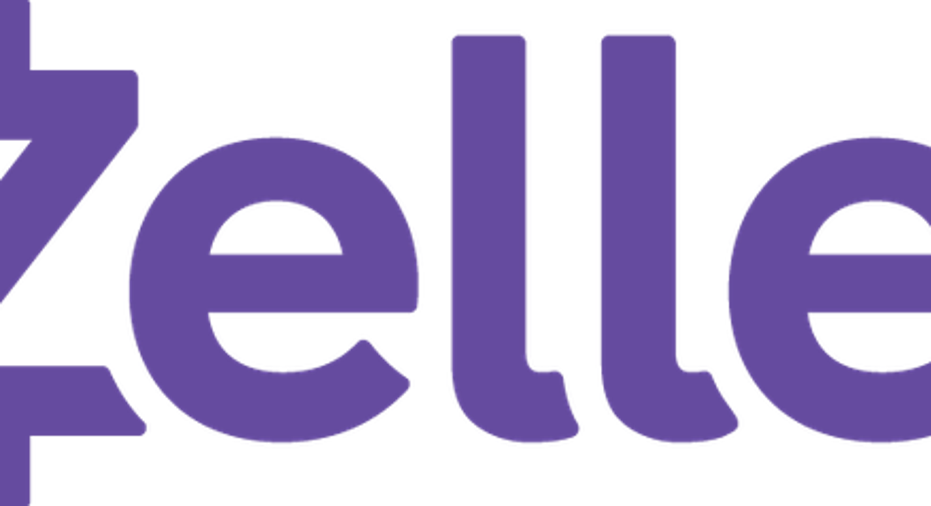Is This P2P Payment App Ready to Be the Zelle of the Ball?

When PayPal Holdings Inc (NASDAQ: PYPL) reported its 2016 fourth quarter earnings, one of the most impressive items was the incredible growth of the popular peer-to-peer (P2P) payment platform, Venmo. In the final quarter of the calendar year, Venmo had processed $5.6 billion in total payment volume, a whopping 126% increase year over year.
In the conference call, PayPal management proudly noted that in December 2016, Venmo had crossed the $2 billion threshold in total payment volume in a single month for the first time. To grasp how quickly the platform is growing, we must remember that it was just earlier in the year when the platform first surpassed $1 billion in a single month.
P2P payment apps like Venmo have exploded in popularity. Image source: PayPal Holdings Inc.
It's no secret that much of Venmo's growth is coming from younger generations and the app's social media-like qualities has made it a particular hit with millennials. Not surprisingly, the platform's growth has not gone unnoticed by the financial industry. This year, banks are responding by launching Zelle, a jointly backed P2P app that links directly to a consumer's account at one of the participating banks.
What is Zelle?
Zelle is operated by Early Warning, a payment and risk solutions company that is owned by several of the country's largest banks and financial institutions including Bank of America Corp, BB&T Corporation, Capital One Financial Corp., JP Morgan Chase & Co., PNC Financial Services Group Inc, and Wells Fargo & Co. Through partnerships with Mastercard and Visa, most credit unions will also participate in the program.
Zelle's service allows payers to send money to another person using only their email address or phone number as an identifier. Zelle users can sign up with nothing more than a debit card or bank account. Only a payer will be able to initiate a payment as recipients will not be allowed to make a request for funds. Money will be transferred "within minutes" from one bank accountto another -- making it quicker than Venmo's service, which requires users to manually initially a transfer from their Venmo accounts to their banks.
Image source: Early Warning.
Will this be the death of Venmo? Zelle no!
What most might not realize is that this payments platform has existed since 2011 under the name clearXchange, when it was originally founded by Bank of America, Chase, and Wells Fargo as a P2P service. While the platform gained little traction as clearXchange, the banks are hoping that rebranding, new leadership, and the corresponding marketing campaign will revitalize the service.
The strategy seems to be working. In a recent press release, the service claimed to have "processed more than 170-million person-to-person (P2P) payments in 2016, totaling $55 billion in aggregate transaction value." Not too shabby!
While some have opined that banks are hoping to kill off Venmo with Zelle's launch, I find that scenario unlikely, to say the least. Zelle's success in 2016 seems to have done little to stunt Venmo's growth last year. What it probably means is that, while the P2P market is not a big profit maker, banks want their account holders more engaged with their own banking products and services than having their customers practically forced to retreat to third-party services like PayPal.
On the surface, Venmo doesn't appear worried about Zelle's imminent entrance. Josh Criscoe, Venmo's head of corporate affairs and communications, recently stated:
Venmo's explosive growth probably also means there is plenty of room for additional players in the P2P market. After all, doling out cash and writing checks are still far and away the leading ways people pay back friends and family members. This gives Zelle and Venmo a long runway of growth ahead.
10 stocks we like better thanWal-MartWhen investing geniuses David and TomGardner have a stock tip, it can pay to listen. After all, the newsletter theyhave run for over a decade, the Motley Fool Stock Advisor, has tripled the market.*
David and Tomjust revealed what they believe are theten best stocksfor investors to buy right now... and Wal-Mart wasn't one of them! That's right -- theythink these 10 stocks are even better buys.
Click hereto learn about these picks!
*StockAdvisor returns as of April 3, 2017The author(s) may have a position in any stocks mentioned.
Matthew Cochrane owns shares of Mastercard and PayPal Holdings. The Motley Fool owns shares of and recommends Mastercard, PayPal Holdings, and Visa. The Motley Fool has a disclosure policy.



















